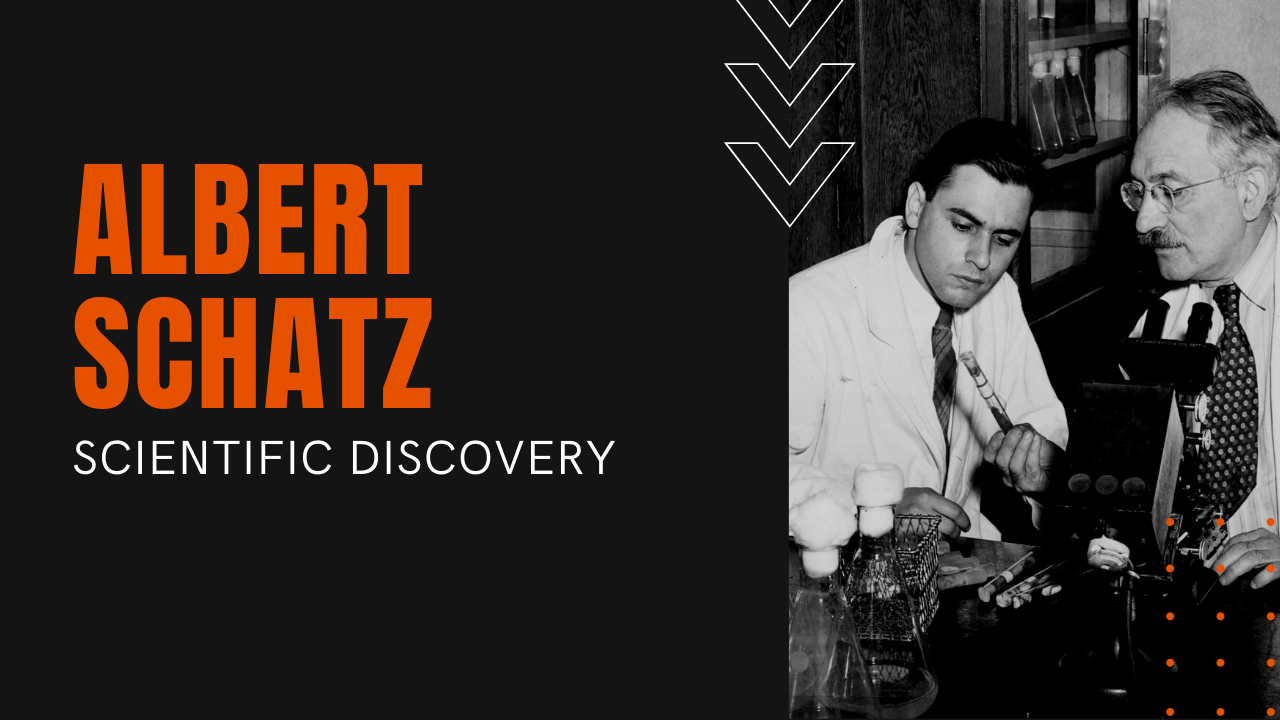Albert Schatz: Credit for Streptomycin Discovery Stripped

After Alexander Fleming’s discovery of penicillin in 1928, the world of science and medicine still had no defense against gram-negative bacterias, responsible for the likes of tuberculosis, bubonic plague, cholera, typhoid fever and other penicillin-resistant diseases.
Albert Schatz ended that deficiency in 1943, working as a postgraduate assistant under the supervision of Selman Waksman, who led the soil microbiology department at Rutgers college of agriculture.
In search of a gram-negative antibiotic, Schatz followed a hunch that became the most important microbiological breakthrough of the twentieth century.
Controversy Over Streptomycin’s Discovery
After Schatz discovered the first two strains of the gram-negative antibiotic, streptomycin, Waksman immediately saw the potential of Schatz’s discovery. He took full control of all clinical trials, making the 23-year-old understudy sign an agreement, which ceded all patent and royalty rights to Rutgers.
Waksman would go on to take full credit for the discovery of streptomycin, as well as a Nobel Prize in 1952, never once in his life accrediting Schatz as the true source of the breakthrough.
When Schatz discovered that Waksman was receiving a royalty for streptomycin—to the tune of $3,800,000.00 in today’s money—Schatz sued Waksman and Rutgers and won an out-of-court settlement for $120,000.00 and 3% of the royalties for several years to follow, but the move ruined his career in academia, forcing him to accept a teaching role in a small agricultural college in Pennsylvania.
His papers were routinely rejected by leading science journals, and when he wrote his account of what really happened regarding the discovery of streptomycin, the only journal willing to publish his account was the Pakistan Dental Review. Twenty years after Waksman’s death, the American Society for Microbiology invited Schatz to address their annual meeting on the 50th anniversary of streptomycin’s discovery, ironically bestowing him with the society’s highest honor, the Selman A. Waksman medal.
